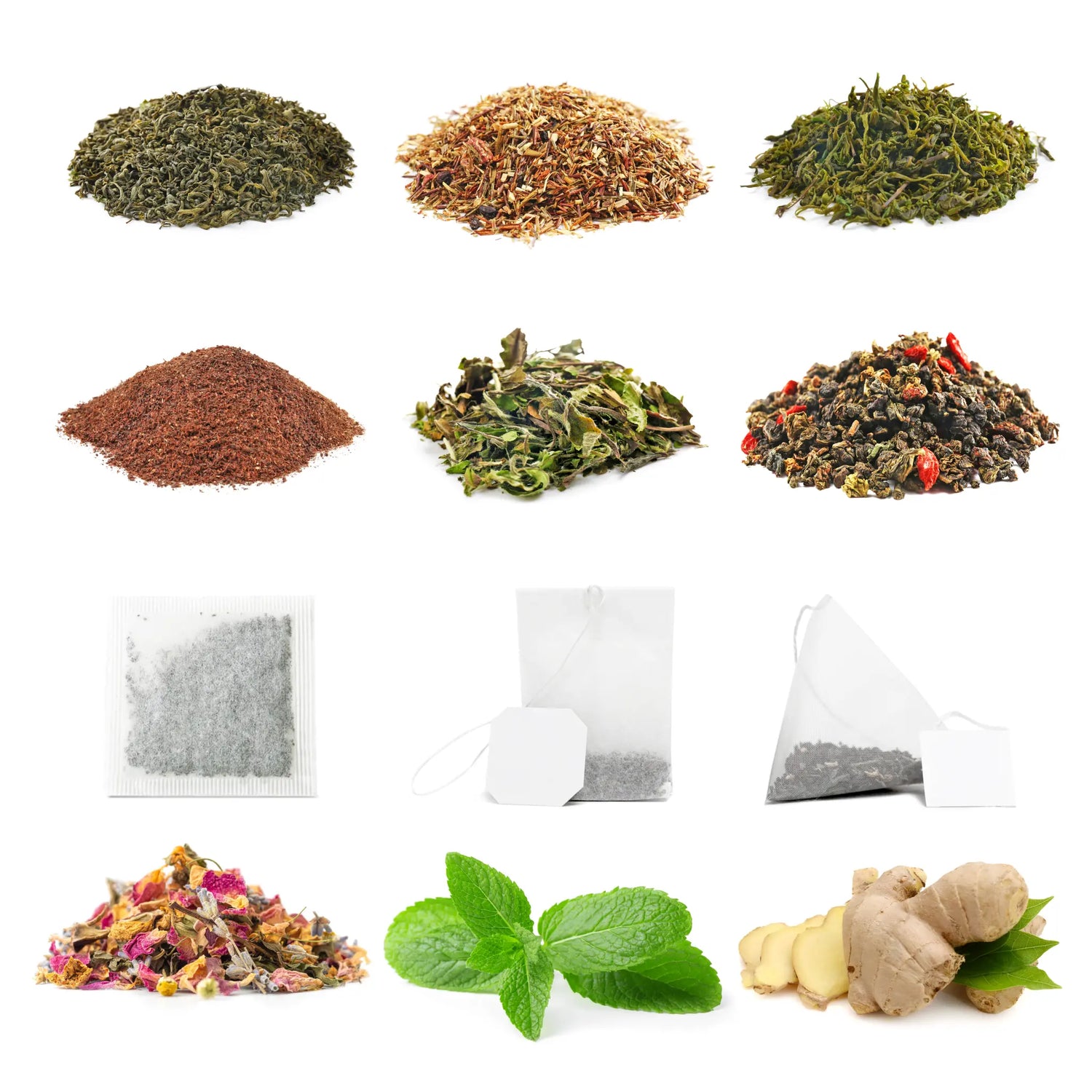Tea is one of the world's most popular drinks, enjoyed by millions of people every day. Its rich cultural and historical significance dates back thousands of years, making it a beverage deeply rooted in tradition and symbolism worldwide. That's why on May 21, people around the world celebrate International Tea Day, a special day dedicated to recognizing the cultural and historical influence of tea.
The history of tea can be traced back to ancient China, where it was first used as a medicinal drink. Over time, tea became a popular drink in China, with different types & blends of tea being developed and enjoyed. It was not until the Tang Dynasty that tea became popular in other parts of Asia, such as Japan and Korea. The history of tea in the Western world began with the arrival of Portuguese merchants in China in the 16th century. They were the first Europeans to bring tea to Europe, where it quickly became popular with the upper classes. The British in particular developed a taste for tea and began importing large quantities from China. However, due to trade imbalances and the high cost of importing tea from China, the British began to look for alternative sources of tea. This led to the development of tea plantations in India and Sri Lanka (then known as Ceylon), which became important tea-growing regions in the 19th and 20th centuries.
International Tea Day is a time to celebrate all things tea, share recipes & inspiration, participate in tastings and learn more about the cultural and historical significance of tea. It is also an opportunity to raise awareness of the challenges facing the tea industry, including issues related to labor rights, fair trade and environmental protection. By supporting sustainable tea production methods and fair trade practices, we can ensure that future generations can enjoy this popular beverage for many years to come.
One of the unique things about tea is the variety of types and flavors available. From black tea to green tea, oolong to white tea, herbal tea to rooibos, there is a type of tea for every taste. Each variety has its own unique flavor profile and health benefits. For example, black tea is rich in antioxidants and has been linked to improved heart health, while drinking green tea helps with weight loss and improved brain function.
Tea has also been used for centuries as a symbol of hospitality and respect. In many cultures, serving tea is seen as a sign of respect and a way to welcome guests into one's home. Tea rituals, such as the Japanese tea ceremony, are deeply rooted in tradition and serve to connect with others and appreciate the beauty of nature.
In summary, International Tea Day is a time to celebrate the rich cultural and historical significance of tea and promote sustainable practices in the tea industry. So whether you prefer a classic black tea, a fragrant green tea or a refreshing iced tea, take a moment to enjoy your favorite brew and appreciate the many ways tea has enriched our lives. Let's raise our teacups to this beloved beverage and the many people who work hard to bring it to our tables.




Leave a comment
This website is protected by hCaptcha and the terms and conditions and privacy policy of hCaptcha apply.